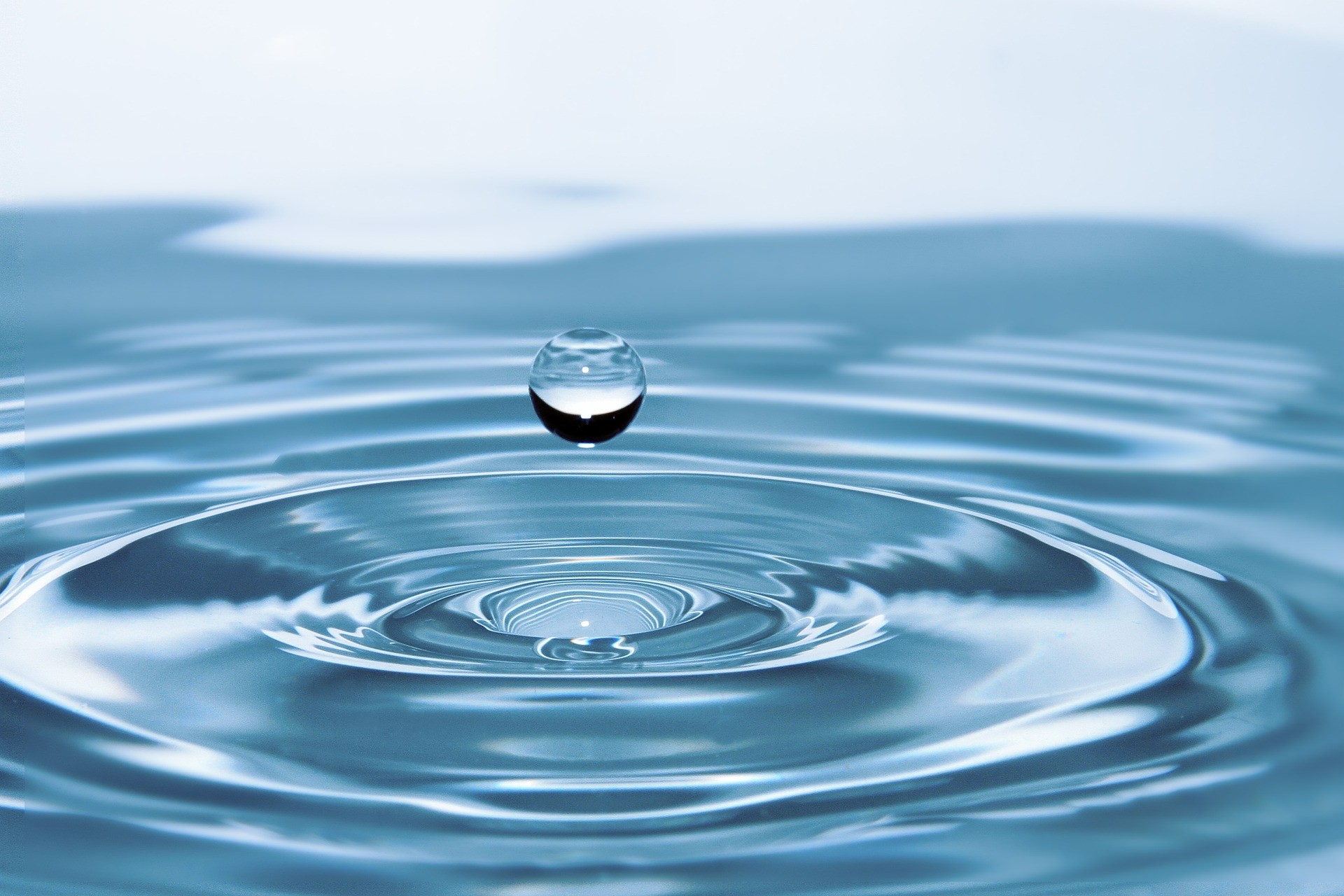Water is indispensable for life, covering a significant portion of our planet and playing a vital role in numerous biological processes. Understanding the properties of water, including its weight, is essential in various fields, from cooking and chemistry to environmental science. This article dives deep into the question: “How Much Does A Liter Of Water Weigh?” We’ll explore the factors influencing water’s weight and provide practical insights.
The weight of water is directly related to its mass and volume. Mass refers to the amount of matter in a substance, typically measured in kilograms (kg) or grams (g). Volume, on the other hand, refers to the amount of space a substance occupies, commonly measured in liters (L) or milliliters (mL).
The fundamental principle for determining the weight of water involves its density. Density is defined as mass per unit volume.
The Standard Weight of a Liter of Water
Under standard conditions, the density of water is approximately 1 gram per cubic centimeter (g/cm³) or 1 kilogram per liter (kg/L). Therefore, 1 liter of water weighs approximately 1 kilogram, which is equivalent to 1000 grams or 2.20462 pounds. Similarly, 1 milliliter (mL) of water weighs approximately 1 gram.
For example, if you have a container holding 3 liters of water, its weight would be roughly 3 kilograms (3000 grams). Conversely, a smaller container with 500 milliliters of water would weigh around 500 grams. This simple relationship makes it easy to estimate the weight of water based on its volume.
Factors Affecting the Weight of Water
While the general rule is 1 liter equals 1 kilogram, the weight of water isn’t always constant. Two primary factors can cause variations: temperature and pressure.
Temperature
Water’s density is temperature-dependent. Water expands when heated and contracts when cooled, altering its density. Water reaches its maximum density at approximately 4°C (39.2°F). At this temperature, 1 liter of water weighs almost exactly 1 kilogram.
However, as the temperature deviates from 4°C, the density changes, and so does the weight. For instance, at 20°C (68°F), 1 liter of water weighs slightly less, approximately 0.998 kg. At the boiling point of 100°C (212°F), 1 liter weighs even less, around 0.958 kg. Although these differences might seem minor, they can be significant in precise scientific measurements.
Pressure
Pressure also influences water’s weight, particularly at significant depths. As depth increases, the pressure exerted by the water above compresses the water below, increasing its density and therefore its weight. For every 10 meters (approximately 33 feet) of depth, the pressure increases by about 1 atmosphere (1 kg/cm²). This effect is more noticeable in deep-sea environments.
Practical Implications
Understanding the weight of water is important in many practical applications:
- Cooking: Recipes often specify water quantities by volume (e.g., liters, milliliters). Knowing the weight helps ensure accurate ingredient ratios.
- Shipping and Logistics: When transporting large volumes of water, weight is a crucial factor in determining shipping costs and vehicle load limits.
- Construction: Calculating the weight of water in tanks, pools, or other structures is essential for structural engineering and safety.
- Environmental Science: Estimating the weight of water in reservoirs, rivers, and oceans is vital for hydrological studies and water resource management.
How Much Does 5 Gallons of Water Weigh?
Expanding on the topic, let’s consider how much 5 gallons of water weigh. Since 1 gallon is approximately 3.785 liters, 5 gallons equates to 18.925 liters. Using the density of water (1 kg/L), 5 gallons of water would weigh approximately 18.925 kilograms or about 41.72 pounds. This illustrates why carrying multiple gallons of water can be quite strenuous.
Mass vs. Weight: Clarifying the Concepts
It’s important to distinguish between mass and weight. Mass is the measure of how much matter an object contains, while weight is the force of gravity acting on that mass. While often used interchangeably in everyday conversation, they are distinct scientific concepts.
The mass of an object remains constant regardless of its location. However, its weight can vary depending on the gravitational field. For example, an object would weigh less on the Moon than on Earth due to the Moon’s weaker gravity.
However, when dealing with water on Earth, the local variations in gravity are usually negligible for most practical purposes. Thus, we can confidently use the approximation that 1 liter of water weighs 1 kilogram under normal conditions.
Ensuring Clean Water
Access to clean water is a global concern. Using reliable water filtration systems can significantly improve water quality and ensure you are drinking safe and healthy water. Epic Water Filters offers a range of products to help you achieve this.
Conclusion
In summary, 1 liter of water weighs approximately 1 kilogram (1000 grams or 2.20462 pounds) under standard conditions. While temperature and pressure can influence this weight, the approximation is generally accurate for everyday use. Understanding these properties of water is valuable in various fields, from cooking to science, and emphasizes the importance of this essential resource.

